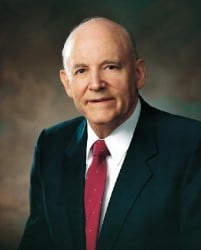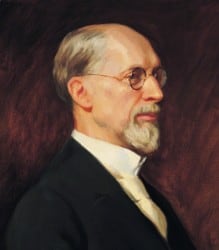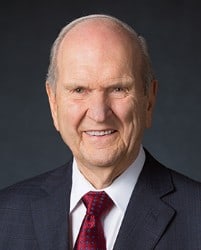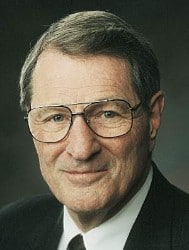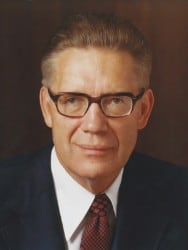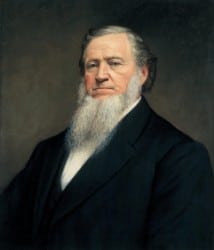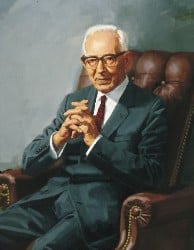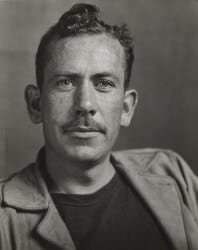After the spirit leaves the body, it remains without a tabernacle in the spirit world until the Lord, by his law that he has ordained, brings to pass the resurrection of the dead. When the angel who holds the keys of the resurrection shall sound his trumpet, then the peculiar fundamental principles that organized our bodies here, if we do honor to them, though they be deposited in the depths of the sea, and though one particle is in the north, another in the south, another in the east, and another in the west, will be brought together again in the twinkling of an eye, and our spirits will take possession of them. We shall then be prepared to dwell with the Father and the Son, and we never can be prepared to dwell with them until then. Spirits, when they leave their bodies, do not dwell with the Father and the Son, but live in the Spirit world, where there are places prepared for them. Those who do honor to their tabernacles, and love and believe in the Lord Jesus Christ, must put off this mortality, or they cannot put on immortality. This body must be changed, else it cannot be prepared to dwell in the glory of the Father.
Brigham Young
| Journal of Discourses, 8:28
Topics: Death, Physical, Resurrection, Spirit World

